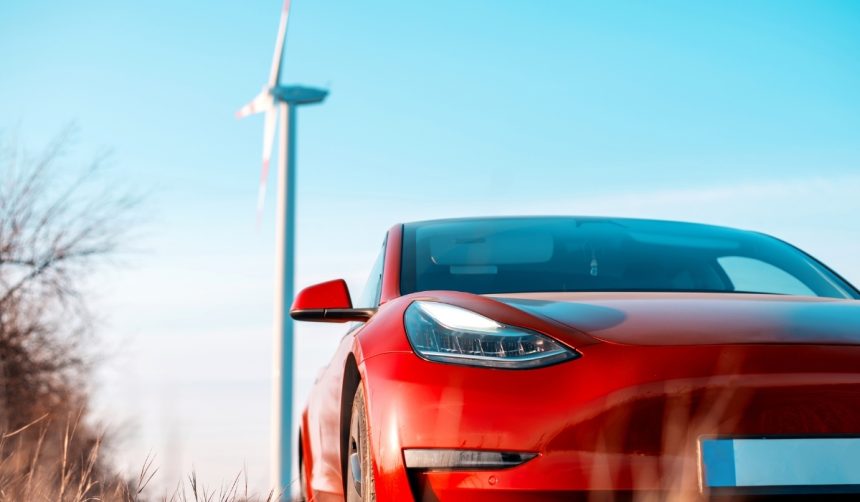Tensions between prominent business leader Elon Musk and former U.S. President Donald Trump have resurfaced, creating unease among investors and observers as both parties debate over the so-called “Big Beautiful Bill” and its implications for government spending. Amid this high-profile dispute, Tesla’s stock movements and government policy shifts have attracted considerable attention, underscoring the interconnectedness of business interests, politics, and public perception. As analysts share their views, market participants are looking for signs that stability will return, and companies like Tesla and SpaceX will continue to navigate the changing political landscape.
Reports from earlier this year indicated a more cooperative relationship between Musk and Trump, especially during Musk’s tenure heading the Department of Government Efficiency (DOGE). Both figures previously set aside conflicts to pursue mutual political and economic objectives, with analysts suggesting their prior disagreements had little long-term effect on Tesla’s performance. Observers have noted, however, that periodic disputes between the two result in short-term impacts on Tesla’s share price, yet longer-term forecasts tend to remain positive when feuds dissipate.
What Fuels the Current Conflict?
The renewed dispute centers on the legislative package known as the “Big Beautiful Bill,” which Musk claims would dramatically increase government spending and reverse spending cuts achieved during his period at DOGE. President Trump, on the other hand, has hinted at the potential influence of DOGE, suggesting leverage in policy discussions and the possibility of ending government subsidies that benefit companies such as SpaceX and Tesla. This public disagreement has led to a series of direct statements on social media platforms, reflecting sharp divisions in fiscal priorities.
How Does the Feud Affect Tesla and Its Investors?
Tesla’s share price saw a 5 percent decline by mid-afternoon on the East Coast, reflecting investor concerns over the uncertainty surrounding federal subsidies and government policies that may impact the electric vehicle sector. Some investors and market analysts have expressed a desire for Musk to shift focus back to Tesla’s core business operations, especially as Congress continues to negotiate the pending legislation. The company, well-known for its Model 3, Model S, and Model Y vehicles, faces ongoing scrutiny regarding its reliance on public funding and the evolving regulatory landscape.
Could the Disagreement Have Lasting Effects?
Analysts from firms such as ARK Invest and Wedbush suggest that the current standoff may be temporary, pointing to a record of reconciliation between Musk and Trump. Cathie Wood, CEO of ARK Invest, commented,
This feud between Elon and Trump is another example of ‘this too shall pass.’
Dan Ives of Wedbush added that their relationship is likely to stabilize, noting strategic interests in advanced technology competition with China. Both figures imply that mutual dependencies could ultimately encourage a resolution, rather than a prolonged standoff.
When assessing previous conflicts between leading business figures and politicians, market volatility is commonly observed but is often followed by a return to routine operations and renewed policy negotiations. Investors are closely monitoring discussions about subsidies, as decisions in this area may impact not only Tesla and SpaceX but also other industry competitors. Understanding these patterns offers insight into how political actions intersect with market sentiment, and which factors influence volatility or recovery in stock prices. Scrutiny of government policy shifts, especially those tied to major players like Musk, remains essential for assessing long-term value and stability in the electric vehicle sector.










